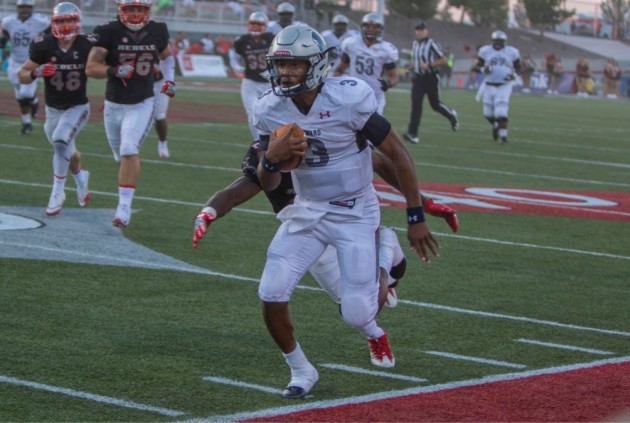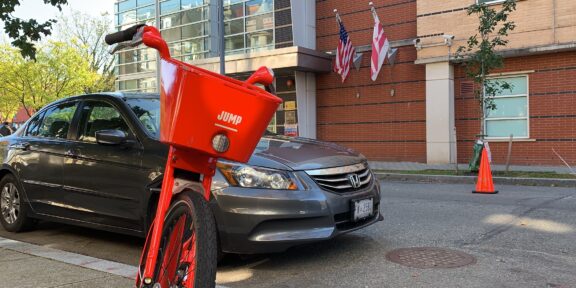If you are considering braids or locks or just searching for new styles for your relaxed tresses or natural hair, look no further than the World Wide Web. From personal hair story blogs to miracle growth products and style guides, the Internet has become a valuable resource for information on how to care for our hair. Whether nappy, kinky, straight, or curly—it is all good hair!
In a Caucasian dominated society, before the Internet, black women depended on family members and word of mouth for tips on maintaining their hair. Until Madame C.J. Walker developed her line of hair and beauty products around 1906, hair care products designed specifically for black hair were non-existent.
Today, in addition to big name African American hair care product lines like Luster’s and Soft Sheen, smaller companies like Carol’s Daughter, cater to black hair care needs. Carol’s Daughter, a small ethnic hair company, offers their unique brand of products online.
Offline, many books have been published on the topic, among the most recent additions is “Hair Rules: The Ultimate Hair-Care Guide for Women With Kinky, Curly, or Wavy Hair,” by New York City stylist, Anthony Dickey. Dickey has styled the hair of celebrities such as Alicia Keys and Naomi Campbell. In addition, Oprah’s stylist Andre Walker, wrote the popular “Andre Talks Hair” back in 1997. Andre’s popularity may have had a lot to do with his very famous client, but his ‘hair-typing system’ stands on its own merit and has become a popular means of defining afro hair types on several websites dedicated to African American hair.
The popularity of natural African American hairstyles has also developed its own Internet following. Websites devoted to natural styles, braids and dreadlocks are becoming increasingly easy to locate, as are systematic stories from women who are abandoning chemical relaxers and ‘going natural.’ Sites like nappyhair.com offer chronologies on "The Journey" as they call it, as well as tips on products, styles and care.
Some popular websites include hairstylesandhair.com, which has everything from product information to hair care solutions. “Here at Hairstyles and Hair we would rather be part of the solution than the problem, we aim to provide the best black hair and hairstyles information and articles available,” says a spokesperson for the site.
Tobe Ifeanyi, a junior at Coppin State University in Baltimore, Maryland, has decided to go natural and is in search of the right hairstyle to suite her kinky hair. “I’ve been surfing the web and there is a lot of information on black hair styles and maintenance. There is one called Khamit Kinks and Nappy Hair. They’ve help me a lot,” she says.
Other helpful sites include Black Hair Media, which offers do-it-yourself hair tips; Cornrows & Co., which has an entire line of beauty products and is one of the most well known hair-braiding and natural hair care salons in the world. Cornrow & Co. has been featured in The Wall Street Journal, and Forbes Magazine.
Style expert Anthony Dickey believes black hair, whatever the texture, is beautiful. "My mission is to advise and encourage all women with non-straight hair to strive to attain their beauty, whatever their ethnicity," Dickey wrote.
Lastly, the multiracial community now has their own website full of products and tips for caring for their hair. “Curls: Superb Hair Care for Multiethnic Women” claims to be “the first hair care product truly created specifically for biracial women.”



